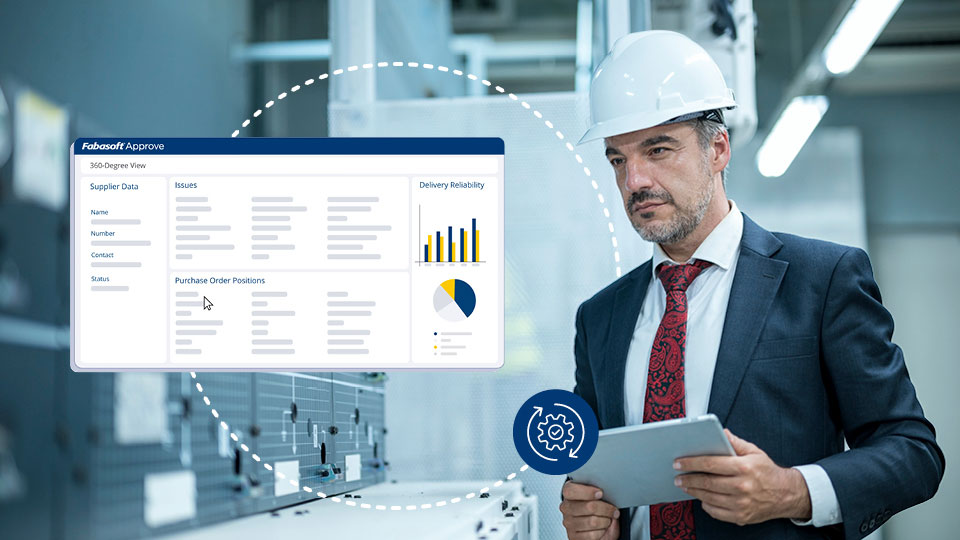Emerging manufacturing hubs across Asia, Africa, and Eastern Europe are reshaping global supply chains. As costs rise in traditional regions like China, many brands are diversifying their sourcing portfolios to include countries such as Vietnam, India, and Indonesia. While this diversification brings fresh opportunities, it also presents new challenges in building and maintaining reliable supplier relationships.
Opportunities in Emerging Markets
Manufacturing hubs in developing regions offer several advantages — lower labor costs, government incentives, and growing infrastructure. Companies that establish strong partnerships early often benefit from flexible production terms, dedicated supplier capacity, and long-term cost savings. In addition, working with emerging suppliers allows brands to explore niche manufacturing specialties that may not be as readily available in established markets.
These regions also tend to adopt new technologies quickly, using digital tools for production tracking, logistics coordination, and performance analytics. Businesses that approach suppliers as strategic partners, rather than short-term vendors, are more likely to achieve sustainable collaboration and consistent output.
The Relationship-Building Challenge
Despite the advantages, developing strong supplier relationships in newer manufacturing hubs is not without obstacles. Cultural differences, inconsistent communication standards, and varying regulatory requirements can all hinder effective collaboration. In many cases, newer suppliers may lack the established quality systems found in mature markets, which can lead to higher defect rates or compliance issues if not carefully managed.
Frequent communication and transparent expectations are key. Brands that invest in supplier training, regular audits, and clear performance metrics often experience smoother cooperation and fewer disruptions. Independent factory and supplier audits can also serve as a foundation for mutual trust by verifying operational capacity, quality systems, and adherence to ethical standards before scaling production.
Balancing Cost With Reliability
One of the most common pitfalls companies face when sourcing from emerging hubs is prioritizing cost over reliability. The lowest quote doesn’t always represent the best long-term value. Reliable suppliers tend to provide consistent product quality, stable delivery timelines, and better responsiveness — all of which contribute to reduced overall costs in the long run.
Investing time in vetting and supporting suppliers upfront ensures stability and reduces the likelihood of last-minute production failures or shipment delays. Over time, this proactive approach fosters strong, resilient partnerships that can weather supply chain disruptions.
Looking Ahead: The Future of Global Supplier Networks
The shift toward emerging manufacturing hubs is accelerating, but success in these regions depends on more than just price. Companies that take a strategic approach to supplier management — emphasizing transparency, ethics, and continuous improvement — will be better positioned to thrive in the evolving global market.
Building trust takes effort, but with clear communication, regular evaluations, and shared accountability, brands can turn new supplier relationships into sustainable long-term partnerships that support both growth and quality.

